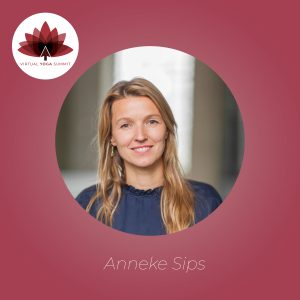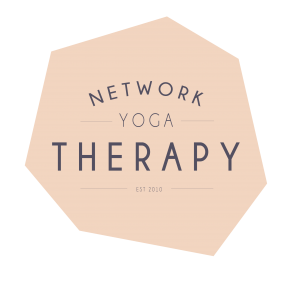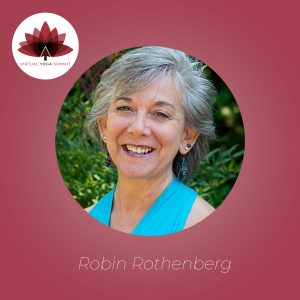
Robin Rothenberg is an author and internationally respected yoga therapist with a full time practice serving people living with chronic pain and illness. She is director of Essential Yoga Therapy with an IAYT Accredited Therapist Training Program and has been involved in yoga research since 2000.
Her Summit offering is based on her soon to be published text, Restoring Prana: A therapeutic Guide to Pranayama and Healing Through the Breath (Singing Dragon, 2019). Robin will share the knowledge she’s accrued from intensive study in respiratory science, and the original Vedic teachings on pranayama.
CLICK HERE TO JOIN ROBIN’S LIVE WEBINAR NOW
Restoring Prana
A Therapeutic Guide to Pranayama and Healing Through the Breath for Yoga Therapists, Yoga Teachers and Healthcare Practitioners
Robin Rothenberg
Grounded in the yogic teachings, this text introduces the Buteyko breathing method as a more contemporary way of understanding the original intention of pranayama. Through extensive research, Robin Rothenberg establishes that as with Dr. Buteyko’s breath retraining technique, the ancient yogis prescribed breathing less not more. Read more
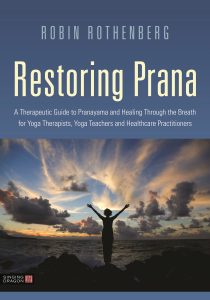
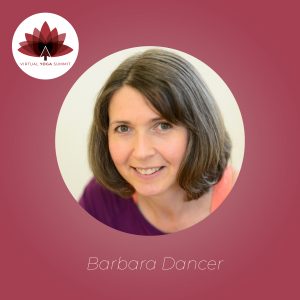
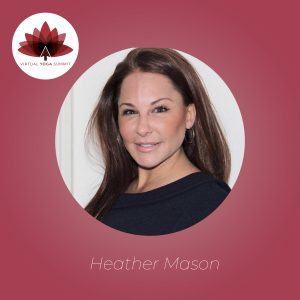
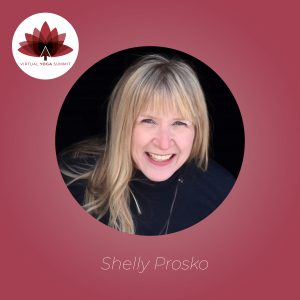
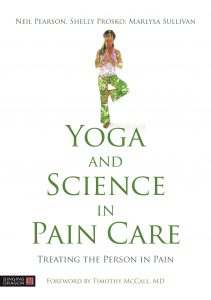
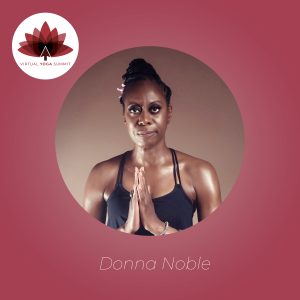
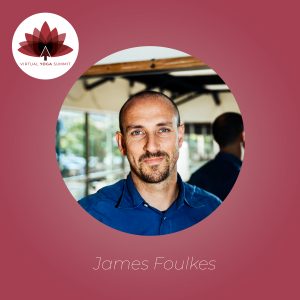
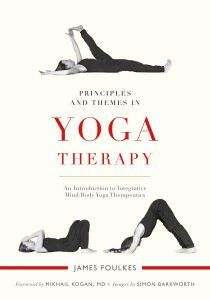
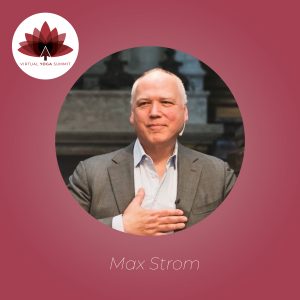
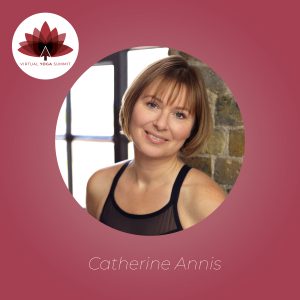
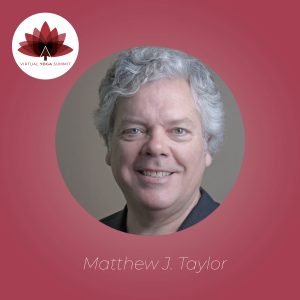 These remarks are based on my 17 years as an expert witness in yoga injury cases and yoga safety advocate. This is not legal advice nor counsel because I’m not an attorney, but reflects my understanding from working with attorneys as to what they look for and utilize in either defending or prosecuting a matter. These remarks also reveal my deep biases as a “recovering manual physio” and how yoga differs, at least philosophically, from other practices.
These remarks are based on my 17 years as an expert witness in yoga injury cases and yoga safety advocate. This is not legal advice nor counsel because I’m not an attorney, but reflects my understanding from working with attorneys as to what they look for and utilize in either defending or prosecuting a matter. These remarks also reveal my deep biases as a “recovering manual physio” and how yoga differs, at least philosophically, from other practices. 